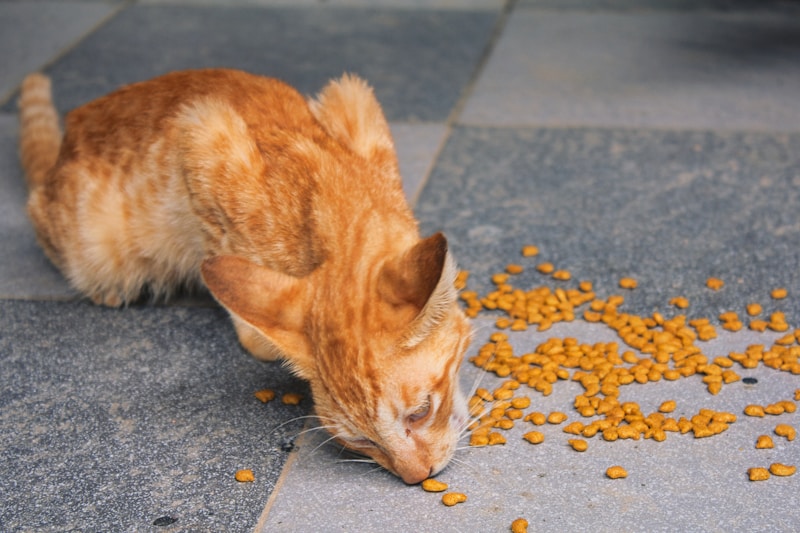When it comes to our pets’ health, nutrition plays a vital role in both prevention and treatment of disease. Prescription pet foods—also known as veterinary therapeutic diets—are formulated to address specific health issues in dogs and cats. As a veterinarian, I’m often asked whether these diets are truly necessary, if they’re just a marketing gimmick, or if over-the-counter alternatives are just as good. This article aims to shed some light on these concerns from a clinical and practical standpoint.
What Are Prescription Pet Foods?
Prescription pet foods are specially formulated diets intended to manage specific medical conditions in animals. They are not just everyday pet foods with a fancy label; they’re developed through clinical research, often involving board-certified veterinary nutritionists. Conditions commonly targeted include kidney disease, urinary tract problems, allergies, gastrointestinal disorders, diabetes, obesity, and heart disease.
These diets are regulated differently from standard pet food. While they don’t require a formal prescription like medications do, most companies only sell them through veterinarians or with veterinary approval, because inappropriate use could worsen a pet’s condition.
How Do They Work?
Prescription diets work by modifying the nutrient profile to address specific physiological needs. For example:
-
Kidney diets are lower in phosphorus and protein to reduce the workload on diseased kidneys.
-
Urinary diets adjust pH and mineral content to prevent stone formation.
-
Hydrolyzed protein diets help reduce allergic responses in pets with food sensitivities.
-
Weight management diets are designed to provide satiety while reducing calorie intake.
Many of these formulations are based on decades of research and field testing. The nutrient tweaks might seem subtle on a label, but in practice, they can make a measurable difference in a pet’s health. For some conditions, these foods are as critical as medications.
Are They Always Necessary?
Not always—but often. For pets with chronic or severe health conditions, these diets can be essential. For example, cats with chronic kidney disease typically live longer and feel better on a renal-support diet. Diabetic dogs often need the carbohydrate control these diets provide to stabilize blood glucose.
However, for milder or early-stage conditions, there may be effective alternatives. In some cases, high-quality commercial foods may be sufficient if chosen carefully. The key is to base dietary decisions on a veterinarian’s assessment rather than marketing claims or internet forums.
One common mistake pet owners make is switching to grain-free or boutique diets without veterinary advice. These diets are often marketed as healthier, but they can lack the specific nutrient balance needed for certain conditions—and in some cases, they’ve even been linked to new health concerns, such as diet-associated dilated cardiomyopathy in dogs.
Cost vs. Value: Are They Worth It?
It’s no secret that prescription pet foods cost more than standard diets. The higher price reflects not just the ingredients but also the research, manufacturing quality control, and smaller production runs needed for specialized formulas.
Still, many owners are justifiably concerned about affordability, especially for long-term use. My advice? Consider the bigger picture. If a therapeutic diet helps your pet avoid costly procedures, hospitalizations, or medications, it may actually reduce overall expenses. For example, preventing urinary blockages in cats with a urinary diet can save thousands in emergency vet bills.
In cases where cost is truly prohibitive, talk to your vet. Sometimes, they can suggest acceptable over-the-counter options or work with you to find a compromise solution.
In Summary
Prescription pet foods are an important part of veterinary medicines. While not every pet needs them, those that do can benefit greatly from these specialized diets. Understanding the science behind them and consulting with your veterinarian ensures your pet gets the nutrition it needs for optimal health. As a vet, I see these foods as tools—valuable ones—when used thoughtfully and appropriately.

